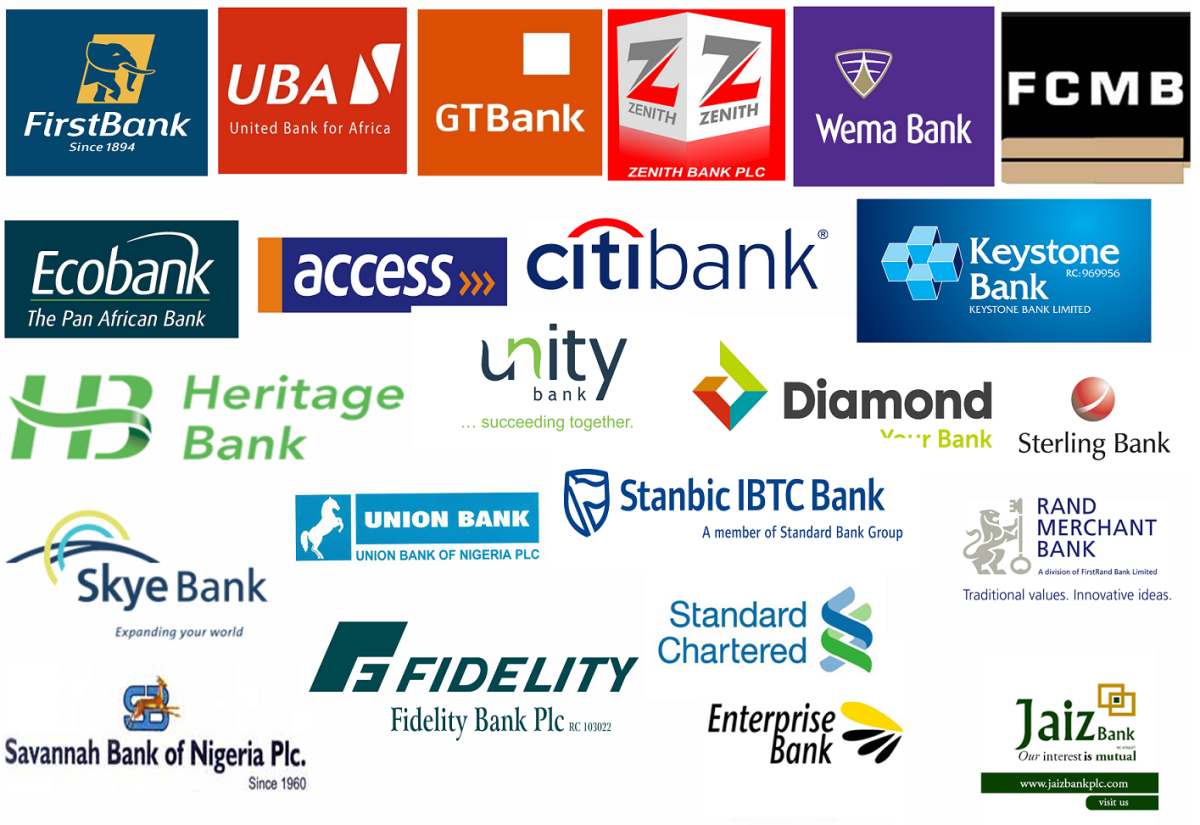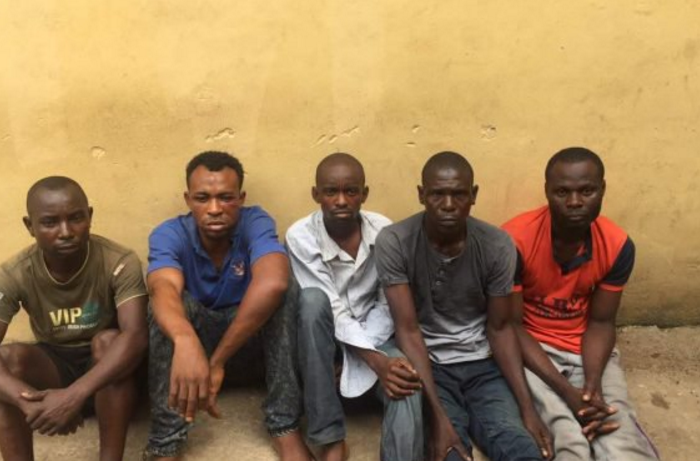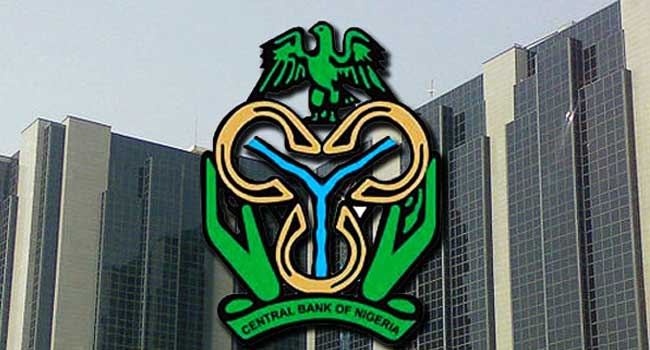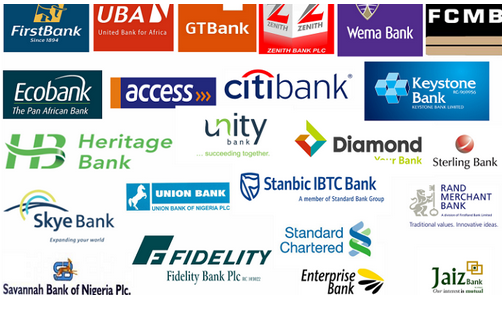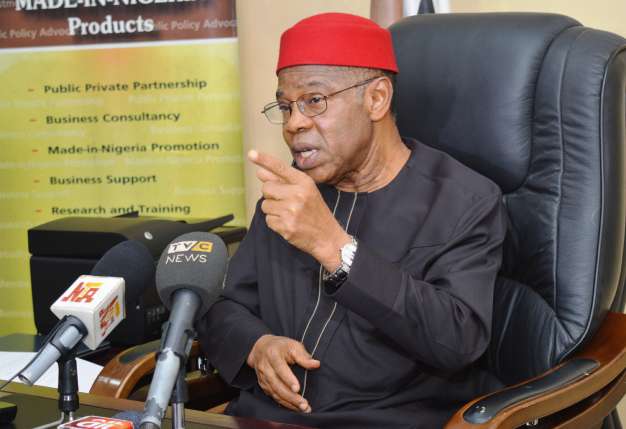Its another weekend and as expected, commercial banks won’t open for business. However, there is really no need to worry as TheNewsGuru.com brings you a compilation of short bank (USSD) codes to make your transaction more faster, efficient and convenient using your mobile phone.
Gone are the days when people have to go to banks or the ATM to queue in order to send money to loved ones. Technology has made a lot of things easier that with your phone anywhere you are you can control the movement of huge sums of money via USSD…banking on-the-go.
Let’s get started in no particular order:
Access Bank
To perform any transaction, simply dial *901# on your mobile phone. It is designed to work with any network and mobile phone.
For airtime recharge, Simply dial *901*Amount# e.g. *901*200# to recharge 200 naira airtime.
Zenith Bank
Dial *966*00# to get started and follow these simple steps:
Register by entering the last 4digits of your Debit Card
Create and confirm your 4 digit PIN
If successful, you will receive a “retrieving balance” message
An SMS arrives immediately with current available balance
You’ve been registered on the platform now. To buy airtime dial*966*amount*mobile number#, to transfer funds dial*966*amount*mobile number#, to pay bills dial *966*7*amount*SMARTCARD NUMBER#. To check your account balance dial *966*00#.
UBA Bank
The UBA mobile banking offers ease to various transactions such as money transfer, bill payments, airtime recharge, etc.
Simply dial *919# from a UBA registered mobile number to get started.
Fidelity Bank
To get started simply dial*770# on your phone and follow the subsequent commands. To transfer money from Fidelity bank to another bank account, dial *770*Account number*Amount# e.g. *770*3016125703*10000#, you will need the last 4 digits of your ATM card to validate the transaction. You can only make a maximum transfer of N10,000 at once. The maximum you can also transfer daily is N20,000.
To recharge your airtime dial “*770*amount# (this is accessible using all types of mobile devices). E.g. *770*200#. To recharge for family and friends, dial *770*Phone no*Amount#. e.g. *770*08023456789*1000#. Daily Limit is ₦5,000 Naira.
GTBank
To transfer money to another GTB account simply dial *737*1*Amount*NUBAN Account No# e.g. *737*1*1000*1234567890# from the mobile number registered with the Bank. (This is accessible using all types of mobile devices).
To make a transfer to other banks simply dial *737*2*Amount*NUBAN Account No# e.g. *737*2*1000*1234567890# from your mobile phone. (This is accessible using all types of mobile devices). Then use the last four digits of your GTBank Naira MasterCard to authenticate each transaction.
To recharge your phone with airtime simply dial *737*amount# e.g. *737*200#
Wema Bank
To make a bank transfer to any bank account, simply dial*945*BENEFICIARYACCOUNTNUMBER*AMOUNT#. To check your account balance, dial*945*0#, to change transfer *945*00#.
To recharge your phone with airtime from your Wema Account Simply dial*945*AMOUNT# e.g. *945*200#
EcoBank
Just dial *326# to get started and follow the subsequent commands. You can perform various transactions such as bill payments, airtime recharge and money transfer with Ecobank’s mobile money.
First Bank
To transfer money, just dial *894# and select 1; to withdraw money dial *894# and select 2, to make purchase dial *894# and select 3; to pay bills dial *894# and select 4; dial *894# and select 5 to buy airtime. Finally to manage your account dial *894# and select 7.
Stanbic IBTC Bank
With Stanbic IBTC USSD mobile money transfer code, various transactions such as salary payments, airtime recharge, one-on-one money transfers, goods and bills payments can be done.
Simply dial *909# to get started
To recharge your airtime simply dial *909*amount# e.g. *909*500#. Daily limit is 5000 naira.
Diamond Bank
To transfer money to any bank, simply dial *710*777*ACCOUNT NO*AMOUNT*PIN#. To check you bank account balance, dial *710*556*PIN#.
To recharge your phone with airtime, simply dial *710*555*PHONE NO*AMOUNT*PIN#
First City Monument Bank (FCMB)
Account holders are to dial *389*214# from their mobile phone. Three options are displayed on the phone screen alongside a welcome message.
1. Activate with card
2. Activate with Account
3. Activate with Mwallet
Choose option 2 to activate with account number. Afterwards call FCMB Contact Centre on 01-2798800 to generate a PIN for your transactions, this will be sent within minutes. Further dial *389*214# on your phone, navigate to Security then select Change PIN from the on-screen commands. Enter the default PIN issued to by the bank then enter your new 4-digit PIN. Your USSD mobile transfer is now fully activated, for subsequent transactions dial *389*214#.
Skye Bank
With Skye Bank’s USSD mobile money transfer code, various transactions such as salary payments, airtime recharge, one-on-one money transfers, goods and bills payments can be done.
Simply dial *833# to get started
Unity Bank
Dial *389*215# to get started with Unity Bank’s Mobile banking on-the-go. Various transactions such as utility payments, airtime recharge, one-on-one money transfers, goods and bills payments can be done.
Sterling Bank
With Sterling Bank’s *822# code, you can bank on-the-go from anywhere. Dial *822# to get started and create a PIN code to authenticate transactions, note that for every transaction you will be charged a sum of N5.
